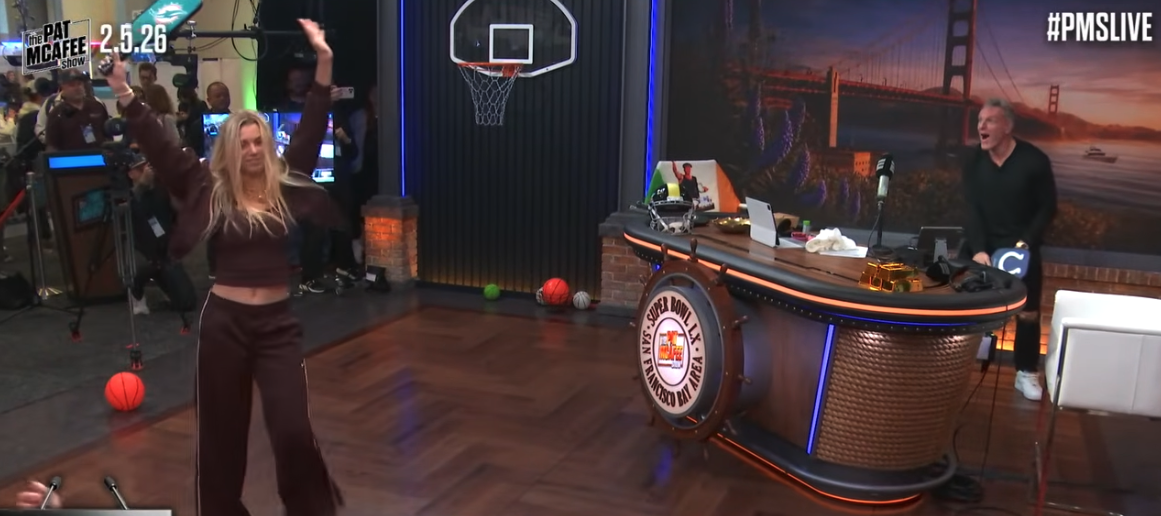For beginners and seasoned pickleball players alike, understanding and implementing these etiquettes can significantly impact the quality of the game. For instance, effective court positioning, clear communication with your partner, and respecting the boundaries of your side of the court are foundational to successful pickleball doubles strategies.
Additionally, the non-volley zone, or “the kitchen,” requires special attention, as players must navigate these rules carefully to avoid faults and foster fair play.
9 common etiquette tips for playing doubles in pickleball
Pickleball doubles play requires skill, strategy, and a good understanding of pickleball rules and etiquette to ensure a positive and respectful game environment.
Here are some common etiquette tips for playing doubles on a pickleball court:
1. Communicate Clearly with Your Partner
- Before the pickleball game starts, discuss strategies and signals for certain plays (e.g., who will take the middle shots or how to signal a switch).
- Call out “mine,” “yours,” or “switch” to avoid confusion over who should take the shot.
2. Serve and Doubles Scoring
- When playing doubles in pickleball, serving and score calling become particularly important. The serving team’s score points should be announced clearly before each serve, following the sequence of the serving team’s score, the receiving team’s score, and the server number (1 or 2).
3. Ball Retrieval
- If a ball from another court rolls onto yours, call a let and safely return the ball. Never run across another court to retrieve a ball during their play.
- When your ball goes into another court, wait for their play to stop before retrieving it or politely ask them to send the ball back.
4. Respect Boundaries
- Avoid encroaching on another court’s space, especially if courts are closely spaced. Be mindful of your surroundings and the game in progress next to you.
5. Maintain a Positive Attitude
- Encourage your partner, even after mistakes. Positive reinforcement can improve morale and performance.
- Congratulate the opposing team on good shots and show sportsmanship regardless of the game’s outcome.
6. Be Ready to Play
- When it’s your turn to serve or receive, be prepared and attentive. Delays can be frustrating for both your opponents and your partner.
7. Keep the Game Moving
- Pick up balls quickly between points and serve within a reasonable time frame to keep the game flowing smoothly.
8. Acknowledge Close Calls
- If a ball lands near a line and you’re unsure if it was in or out, it’s good sportsmanship to give the benefit of the doubt to your opponents.
- In cases of disagreement, consider replaying the point.
9. End with Good Sportsmanship
- Regardless of the match outcome, offer a paddle tap (or a handshake, where appropriate) and thank your opponents for the game.
Remember, the essence of pickleball etiquette lies in respect, communication, and sportsmanship.
Common etiquette mistakes to avoid when playing doubles in pickleball

Here are some common etiquette mistakes we keep seeing among people playing doubles in pickleball:
1. Failing to Communicate the Score
- Not calling out the score loudly and clearly before serving can lead to confusion and disputes. It’s important for the serving team to announce the score to keep all players informed.
2. Hogging the Court
- Dominating the gameplay and not allowing your partner to participate equally is poor sportsmanship. Doubles pickleball is a team effort, and both players should be involved in the game.
3. Crossing Into Another Court Without Permission
- Walking across or retrieving a ball from another court while a point is in play is disruptive and disrespectful. Always wait for the play to stop or ask for permission before entering another court.
4. Arguing Over Line Calls
- Disputing line calls, especially without a clear view, is against the spirit of the game. If there’s uncertainty, the benefit of the doubt should go to the opponent, or consider replaying the point.
5. Not Being Ready
- Taking too long between points, not paying attention when it’s your turn to serve, or not being in position can frustrate other players and disrupt the rhythm of the game.
6. Unsportsmanlike Conduct
- Celebrating opponents’ mistakes, making negative comments, or showing frustration in a way that affects others’ enjoyment of the game goes against the ethos of pickleball.
7. Poor Ball Etiquette
- Not returning balls to the server properly (e.g., rolling them back under the net instead of tossing them) or failing to pick up stray balls promptly can slow down the game and pose safety risks.
9. Forgetting to Shake Hands or Acknowledge Opponents
- Skipping the post-game handshake (or paddle tap) and not acknowledging your opponents and partner’s efforts is considered rude and contrary to the sport’s social nature.
Avoiding these common etiquette mistakes will help ensure a positive, respectful, and enjoyable game experience for everyone involved in doubles pickleball.
How do you become a good doubles partner in pickleball?
Becoming a good doubles game partner in pickleball involves more than just having solid playing skills; it requires effective communication, mutual respect, and a strategic mindset.
Firstly, good partners communicate openly and frequently, discussing court positioning and strategies before the game and providing clear, supportive cues during play. This includes calling shots, discussing who will cover the middle, and signaling when to switch positions.
Moreover, a good partner is always supportive, encouraging their teammate through both successes and mistakes, fostering a positive and motivating environment. This positivity can significantly impact team morale and performance.
They also practice good sportsmanship, respecting opponents and following pickleball etiquette, which reflects well on the team and contributes to a respectful and enjoyable game atmosphere.
Why Should Pickleball Etiquette Be important to You?
Pickleball etiquette is vital because it fosters a respectful, enjoyable, and fair environment for all players. Adhering to these basic rules of pickleball ensures smooth gameplay, minimizes conflicts and promotes positive interactions among participants.
Good etiquette fundamentals reflect sportsmanship and respect for opponents and partners alike and contribute to the overall health and growth of the pickleball community.
How useful was this post?
Click on a star to rate it!
We are sorry that this post was not useful for you!
Let us improve this post!
Tell us how we can improve this post?
Anuncie Aqui / Advertise Here
Sua marca para o mundo Pickleball! / Your brand for the Pickleball world!

 English
English  Spanish
Spanish  Portuguese
Portuguese  German
German  Italian
Italian  Japanese
Japanese  French
French  Polish
Polish  Russian
Russian  Netherlands
Netherlands  Hungarian
Hungarian  Turkish
Turkish  Videos
Videos  Pickleball Union
Pickleball Union








 English (US) ·
English (US) ·  Portuguese (BR) ·
Portuguese (BR) ·